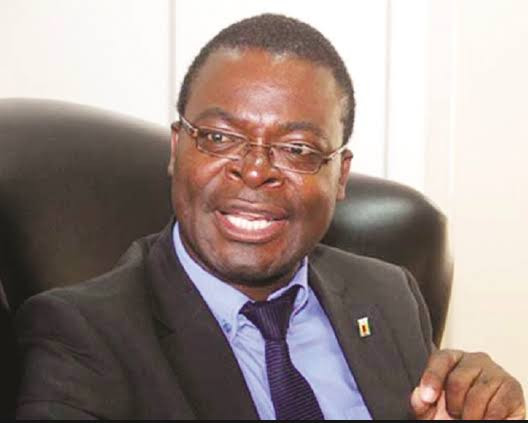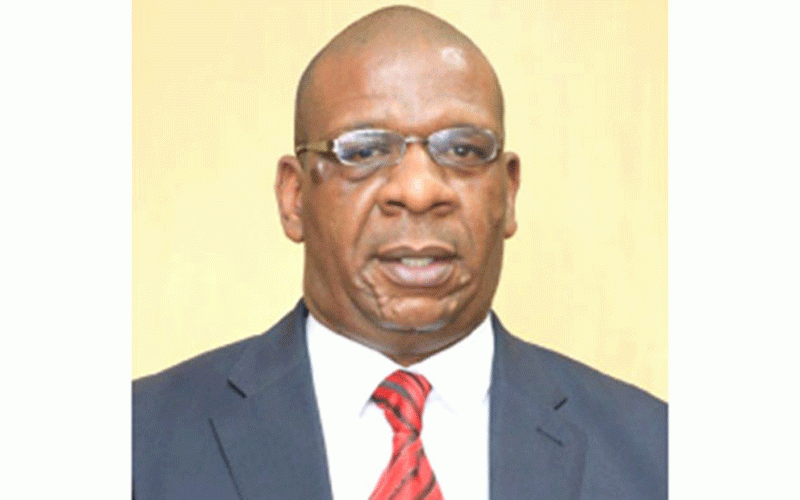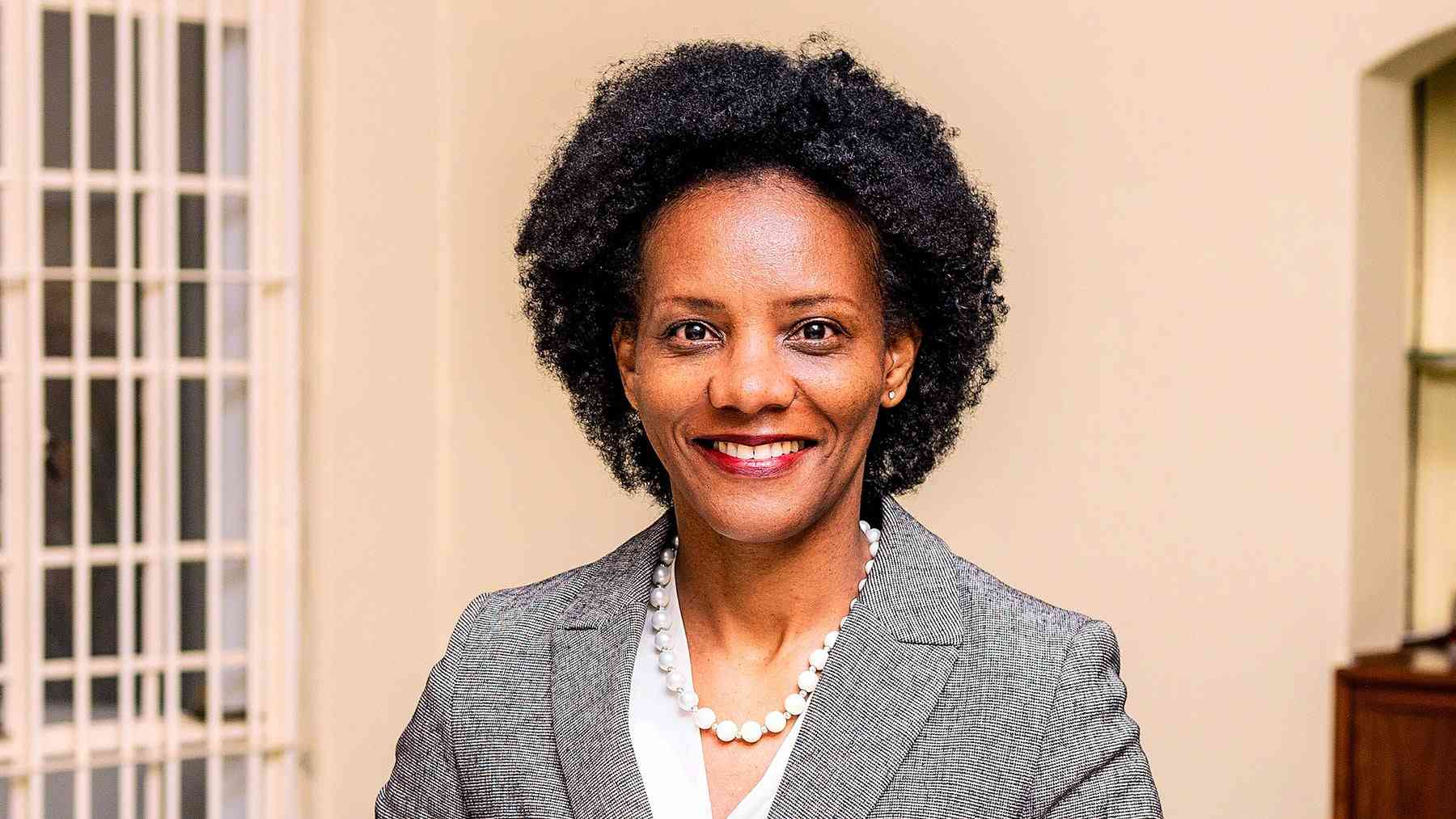
THE Zimbabwe Independent, in partnership with the Zimbabwe Stock Exchange (ZSE) and the Securities Exchange Commission of Zimbabwe, recently held the inaugural capital markets conference in Nyanga. Our senior business reporter, Melody Chikono (MC), met up with SecZim chief executive officer Anymore Taruvinga (AT, pictured) to discuss this conference and its impact since it was held. Below are excerpts from the interview:
MC: You co-hosted the Inaugural capital markets this week under the theme, ‘Fostering Zimbabwean Capital Markets for Sustainable and Responsible Investments’. Could you kindly unpack this theme from a regulatory perspective?
AT: As you will be aware, the conference sought to achieve the following:
Position the capital market as the cornerstone of Zimbabwe’s sustainable economic growth, understand factors influencing Zimbabwe's investment environment and prospects, investigate alternative investment opportunities within the current economic landscape, and provide a platform for dialogue with key policymakers for the capital market stakeholders.
The conference backdrop included the introduction of the Zimbabwe Gold currency in April 2024, climate change, and the emerging carbon markets, to name a few. Zimbabwe is uniquely poised to incorporate sustainable and responsible investment practices as we go forward.
This conference and its theme therefore were the first in a series of annual meetings that will reflect on and craft strategies to stimulate the participation of capital markets in sustainable economic growth and appropriate approaches to environmental stewardship.
MC: May you kindly share with us the key takeaways from the conference including those items that require the SECZIM to respond to?
AT: From the conference, being the first, there were several priority areas including:
- Inaugural Zim investor indaba highlights
- Stop clinging to decaying state firms
- ZB explores options to tackle inflation
- Zim operations drive FMB Capital
Keep Reading
The need to simplify carbon credits and to ensure we develop a transparent market for their trading.
The need to review policy measures to stimulate activity on the local currency trading platforms.
The need to improve financial inclusion in the capital market.
The need to review our regulatory framework to incorporate new services and products such as virtual assets and crowdfunding.
The need to work on getting back government and corporate bonds onto the capital market.
The need to work closely with Mutapa Investment Fund to create synergies for capital raising, listings, and investments for the fund.
The need to come up with a capital market development plan.
The need to have an independent body (capital market association) that can become the lobby group on behalf of market players; the need to ensure sustainable practices and disclosure for capital market players and stakeholders; and the need for the capital market to play a role in infrastructure development in partnership with government.
You will agree that the issues raised will require the capital market ecosystem to work closely to ensure we achieve the desired outcome.
MC: What are your major milestones that are key to enhancing capital markets?
AT: The Securities and Exchange Commission of Zimbabwe was established through the enactment of the Securities Act (Chapter 24:25).
Our functions include regulation of the trading and dealing in securities, registration, supervision and regulation of securities exchanges, licensing, supervising and regulating market intermediaries, encouraging the development of a free, fair, and orderly capital market in Zimbabwe, advising the government of Zimbabwe on all capital market-related matters, and promoting investor education.
Key milestones will be:
Development of a capital market development plan to contain capital market targets such as:
Increasing the level of Capital Markets awareness from the current 2% to a target of 5% by 2026, as per the National Financial Inclusion Strategy with a view of raising awareness based on attaining 10% by 2030.
Growing market cap to GDP (gross domestic product) ratio of 20,56% as at December 2023 to a targeted 40%.
Increasing liquidity level of 4,89% as of December 2023 to a target of 10%.
100% enforcement for all non-compliant firms
Market development focusing on both the primary and secondary markets through the development of new products and services (e.g. debt market, commodity market, derivatives) and new markets (increasing retail and foreign, including Diaspora, participation)
Gradual reduction in costs – from both an issuer and investor perspective.
Increasing investor protection through a review of the regulatory framework to improve the safeguards on market manipulation, insider trading, and financial crime.
Adoption and leveraging on Fintech to reduce costs, increase products, and increase financial inclusion.
MC: You touched on the need to revive investment banking. May you expand on this explaining the benefits that can come with it and the impact of the absence thereof has caused. Again, you touched on the debt market. How has its absence affected the market and what needs to be done to at least revive this market? Should it happen? What's your forecast on the market?
AT: Investment banking is at the confluence of those who have capital, those who need it, and those with the know-how to structure the transactions.
Since the main areas of investment banking activity are capital markets, advisory, trading and brokerage, and asset management, investment banks help companies and governments raise capital by structuring transactions. They also act as advisers and go-betweens on mergers and acquisitions. They guide and facilitate corporate actions on the market while acting as strategic partners throughout capital market transaction processes. They have the financial muscle to underwrite significant issuances, particularly the debt market. Their expertise in deal structuring tighter relationship-building skills and capacity with a broader investor network speaks volumes of the value they can bring to the market.
Their absence on the market has seen the market registering a dry spell in listing, several highly undersubscribed issuances, and the absence of sophisticated products on the market.
When you turn to the NDS (National Development Strategy) 1 pillars including environmental protection, economic growth, and stability, among others, the macroeconomic objectives for the five years of the Strategy, must be matched with the requisite debt or equity instruments to deliver sustainable growth and real impact on the lives of all citizens.
Development of the debt market would add to the flair of securities products available for our investors and also provide a sustainable income source for our intermediaries. It would help the government to raise funds for basic infrastructural services, including energy, transport, water and sewer reticulation, housing, health, education, information and communication technology.
In the 1980s to mid-1990s Zimbabwe had a robust fixed-income market with significant debt issuances by the government and local authorities with tenors of up to 30 years after which it became dormant with a few listings including some debentures, medium-term notes, and few corporate bonds.
MC: What’s your outlook for 2024?
AT: The Commission will focus on the review of its principal legislation, the Securities and Exchange Act [Chapter 24:25], the Asset Management Act [Chapter 24:26], and the Collective Investments Schemes Act [24:19] to ensure they are aligned to international best practice. There are amendments to the legislation already in place and these will be further reviewed to include recent developments in the securities market.
There is a need to include regulation of fintech products and commodities exchanges to encourage participation and investments in the capital market.
We will also focus on growing financial inclusion and awareness through the #My School campaign which was launched by the deputy minister for the Ministry of Finance, Economic Development, and Investment Promotion Hon. Kudakwashe Mnangagwa.
The CSR initiative is aimed at raising financial literacy and capital market awareness among primary and secondary school students across Zimbabwe.
The initiative seeks to empower the next generation and ensure that no one is left behind in understanding and participating in the capital market.
The #MySchool CSR project aims to achieve several outcomes, including enhanced capital markets awareness, improved financial decision-making by future generations, increased participation in the capital markets, deepening financial inclusion, increased utilisation of the Capital Market Toolkit and empowered teachers equipped to deliver financial literacy education.
MC: Anything else?
AT: The Securities and Exchange Commission of Zimbabwe also intends to hold a university competition aimed at fostering innovation and excellence in the development of support technologies (SupTech) for the commission.
This competition serves as a platform to engage academia, industry, and regulatory bodies in a collaborative effort to address real-world challenges in the financial sector. These technologies will enhance the automation of SecZim processes and foster effective regulation of trading and dealing in securities.
We will also encourage all SMI’s (securities market intermediaries) and the market at large to adopt international sustainability standards, make recommendations on policies, products and regulations aimed at sustainable practices in the market so that the capital market can meaningfully contribute towards mitigating climate risk.
Sustainable and responsible investing is a priority, for global integration. The PAAB (Public Accountants and Auditors Board) constituted a Sustainability Standards Panel in March 2023 which provided a guideline of the ISSB (International Sustainability Standards Board) standards framework in August last year.
Accordingly, the main exchanges, namely ZSE and VFEX (Victoria Falls Stock Exchange) published notices indicating enforcement of sustainability reporting from 2024.











